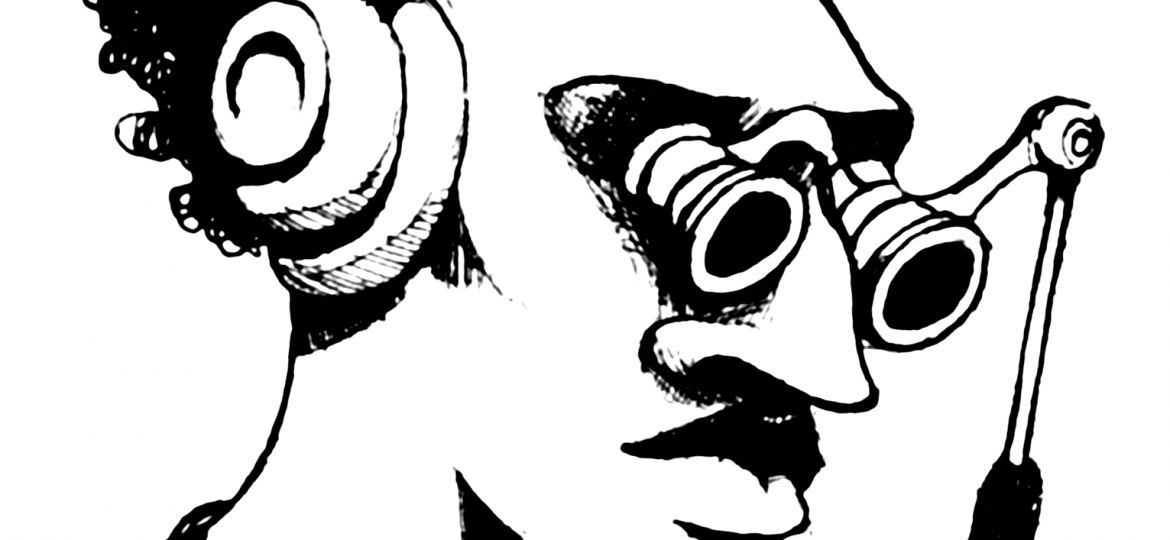
On Thursday, Oct. 4, “Joker” opened with the whole world watching and a firm R-rating. Few films generate as much pre-release attention as “Joker,” which, after a surprise Best Film win at the prestigious Venice Film Festival, launched an endless amount of online think-pieces and media outrage. One does not normally expect such a level of turmoil with the release of a comic book movie; however, it is unlike any movie based on a comic book before it. Despite the existence of a current DC cinematic universe (DCU), “Joker” is (for now) a standalone film. It is not the tamed edge of the DCU movies (and it certainly is not the bring-the-whole-family spectacle of the Marvel movies). Make no mistake: this is a dark psychological dive into the mind of a man driven to violence. It is also one of the gutsiest and most controversial blockbusters in recent memory.
As the misfortunes pile higher and higher on the frail Fleck, his sanity comes closer to snapping. The film seems like an endurance test to see how much misery this man can endure before he plunges into madness and becomes the most iconic comic book villain of all time.
“Joker” follows the impoverished and mentally ill clown-for-hire Arthur Fleck played by Joaquin Phoenix. On top of what appears to be severe depression and budding schizophrenia, Fleck suffers from some cruel form of the Pseudobulbar Affect (PBA), a neurological disorder that causes its victims to laugh uncontrollably at inappropriate times. Despite his afflictions, Fleck aspires to be a stand-up comedian. Unfortunately, the crumbling and poverty-stricken Gotham is endlessly cruel to Fleck. He is jumped, humiliated, deceived and beaten repeatedly, especially in the first act of the film. The pain inflicted upon Fleck is overwhelming; some scenes are so uncomfortable you almost have to watch them between your fingers. As the misfortunes pile higher and higher on the frail Fleck, his sanity comes closer to snapping. The film seems like an endurance test to see how much misery this man can endure before he plunges into madness and becomes the most iconic comic book villain of all time.
The oppressively dark “Joker” was co-written and directed by the “Hangover” trilogy’s Todd Phillips. Despite this being his first quote-unquote “serious” Hollywood project, Phillips demonstrates a real knack for direction, depicting Gotham as a claustrophobic and grimy nightmare. It is clear where Phillips has drawn his cinematic inspiration: the New York of Martin Scorsese comes constantly to mind as you become immersed within Phillip’s grimy Gotham. Furthermore, “Joker” is a film endlessly indebted plot-wise to Scorsese classics “Taxi Driver” and “King of Comedy”– something the casting of Robert De Niro (who played the Arthur Fleck equivalent in both Scorsese’s) in “Joker” solidifies.
Important as Phillips’ contributions are, the true MVP of “Joker” is Joaquin Phoenix, who is just terrific. In “Joker,” Phoenix is playing a character more akin to Walter White than Jack Napier. Arthur Fleck is a person who will become unrecognizable by the end of the movie and this transformation is tracked and navigated with great skill by Phoenix. In addition, Phoenix really nails the PBA that Fleck suffers from, having done extensive research on the condition before filming. The pain in Phoenix’s laugh and eyes as he depicts PBA is palpable and heartbreaking. With Fleck, Phoenix has accomplished what no other Joker has even attempted yet: to make the audience empathize with and even root for a murderous madman.
Of course, this audience empathy that “Joker” invokes is the source for its controversy, with many suggesting that the film will inspire copy-cats or other forms of violence. This is especially the case given the Colorado “Dark Knight Rising” movie theater shooting. Some movie theaters have even employed additional security to guard screenings of the film. Despite the security scares, “Joker” has thrived, setting October box office records within its first weekend of release.
Despite a few narrative-related misfires (specifically, a feeble attempt to cram Bruce Wayne into the narrative), “Joker” remains a powerful experience for many and is almost certain to create a strong reaction in any audience member whether they use the word “masterpiece” or “dangerous” to describe it.
piwonk1@stolaf.edu















